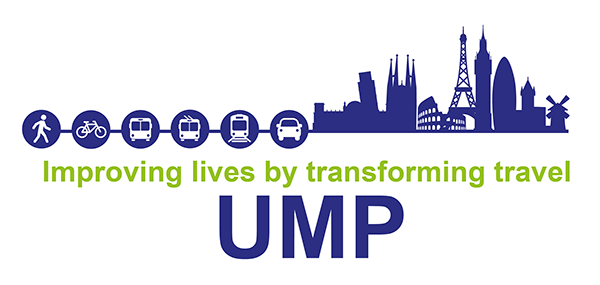By James Lancaster, Director of Government Affairs and Policy
The Highlands is a unique, diverse area bound together by its history, environment and culture and the Council was clear that the number one priority is to sustain happy and resilient communities. However, the significant financial challenges facing the public sector meant that the Council was not efficient or commercially aware enough to meet its own goals environmental and community goals.
The Council recognised that it needed to work more boldly and imaginatively, run its own business more efficiently and find ways to remove waste in time and money. That isn’t simple for a Council which covers a large area of Northern Scotland (roughly the same size as Belgium). It geographic size means its 10,000 employees travel great distances for business and to and from the 700 local offices, schools and depots to deliver essential local services.
After a review of the Council’s greyfleet miles, the practice of reimbursing colleagues for business travel in their own cars, it was clear that greyfleet was creating a huge cost and environmental burden and that change was needed. However, rather than simply analysing costs and data, Highlands Council undertook a series of interviews, workshops and calls to understand how staff deliver services and what they viewed the challenge as. Whilst it might seem obvious, because the Council covers a significant geographical area, staff require travel flexibility in order to deliver services, this is particularly acute in rural locations where public transport is not viable.
Interviews revealed that there was scope for almost all staff to become more proactive in managing a portion of their workload. There was also clear demand for a more efficient transport system, across all management level. Staff-time was being wasted filling out their mileage and errors were common. The review also showed that many staff and members were doing the same journey, at the same time, many times a day. But despite this, apart from word of mouth there was no other effective way to identify opportunities for car sharing. Ultimately, it was identified that the high use of greyfleet was entrenched throughout the organisation. Whilst there was no silver bullet in reversing the trend, achieving meaningful behaviour change to deliver cost-savings and lower emissions was possible.
This was where Enterprise was able to step in to offer a cost effective and emissions reducing solution; after reviewing the data provided by the Highland Council and understanding the staff’s perspective the decision we designed a sophisticated car club solution based on careful analysis of employee mileage and staff survey data to identify why, how, when and where trips were taking place. We introduced an employee communications programme which provides clear information on how to make better travel choices, encouraging staff to avoid journeys if they can and make essential journeys in the most cost-effective and sustainable way. This often meant there were many opportunities to share journeys with colleagues doing the same, or similar trips on a user-friendly online app resulting in significant costs saving for the Council.
But on top of the cost savings, the new car club model has also effectively addressed the staggeringly high emissions which was estimated to exceed 2000 tonnes of carbon dioxide every year, and given the Council was unable to provide data on the type of vehicles that it was using meaning the true emissions could have been much higher. The fleet that Enterprise provided for the Car Club are all low emission or electric vehicles that contribute to carbon reduction objectives and minimise pollution. The use of cleaner, newer vehicles means that not only has the business mileage gone down by more than 825,000 miles the Councils carbon footprint from staff travel has reduced by approximately 377 tonnes of carbon dioxide. This represents a reduction of 19% on the Council’s environmental impact.
This scheme shows that it is possible to find a scheme that works in every situation; the Highland Council have unique geographical needs but have been able to manage these with an integrated and forward-thinking car club model that fits its unusual circumstances. Not only has the Council succeeded in saving key funding, its Communities are breathing cleaner air and adopting key behaviour change towards a sustainable transport solution.
Address
24 Southwark Bridge Road
London
SE1 9HF
